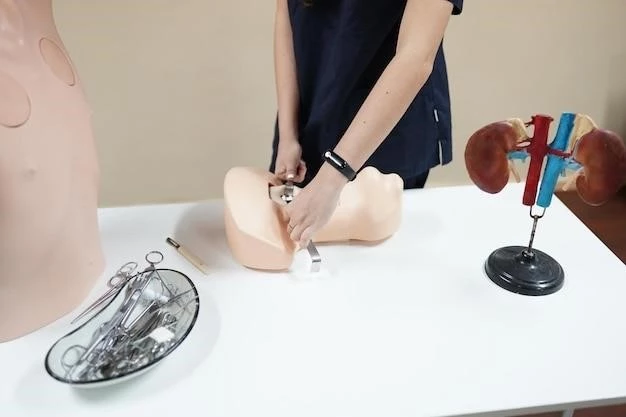Disease⁚ Neuropathy sensory spastic paraplegia
Neuropathy Sensory Spastic Paraplegia is a rare genetic disorder that causes progressive sensory neuropathy and spastic paraplegia. The disease is characterized by a combination of sensory impairment and motor dysfunction. It typically manifests in childhood or early adulthood and worsens over time. Early diagnosis and management are crucial in addressing the symptoms and improving the quality of life for individuals affected by this condition.
Overview of the Disease
Neuropathy Sensory Spastic Paraplegia is a rare genetic disorder that causes progressive sensory neuropathy and spastic paraplegia.
Understanding Hereditary Sensory Neuropathy with Spastic Paraplegia is crucial for individuals and families affected by this rare genetic disorder.
Spastic Paraplegia Associated with Peripheral Neuropathy
Hereditary motor and sensory neuropathy type V is a rare disease where hereditary spastic paraplegia is associated with peripheral motor and sensory neuropathy. Understanding the clinical and genetic aspects of this distinct entity is crucial for proper diagnosis and management of affected individuals.
Hereditary Sensory Neuropathy with Spastic Paraplegia
Understanding Hereditary Sensory Neuropathy with Spastic Paraplegia is crucial for individuals and families affected by this condition.
HSP syndromes are classified clinically based on characteristic symptoms and associated abnormalities. Understanding the clinical classification is important for accurate diagnosis and personalized treatment plans.
Clinical Classification of HSP Syndromes
Understanding the clinical classification of HSP syndromes can guide healthcare professionals in providing personalized care.

Treatment and Management Strategies
Exploring options for managing sensory neuropathy is essential for individuals with Neuropathy Sensory Spastic Paraplegia. Seeking appropriate treatments and management strategies can help alleviate symptoms and improve quality of life.

Options for Managing Sensory Neuropathy
Managing sensory neuropathy in individuals with Neuropathy Sensory Spastic Paraplegia involves a variety of treatment options and strategies. Understanding these approaches can help alleviate symptoms and improve overall well-being.
Exploring recent studies on TECPR2 mutation and sensory neuropathy can provide valuable insights into the genetic implications of Neuropathy Sensory Spastic Paraplegia.
Recent Studies on TECPR2 Mutation and Sensory Neuropathy
Exploring recent studies on TECPR2 mutation and sensory neuropathy can provide valuable insights into the genetic implications of Neuropathy Sensory Spastic Paraplegia.
Genetic Variants in REEP1 Gene and SPG31 Phenotype
Exploring the correlation between genetic variants in the REEP1 gene and the SPG31 phenotype can provide valuable insights into the genetic underpinnings of Neuropathy Sensory Spastic Paraplegia.
Organizations and resources can provide support to those impacted by Neuropathy Sensory Spastic Paraplegia. Seeking help from Genetic Alliance‚ The Lilly Blair Foundation‚ or NORD can offer valuable assistance.
Assistance for Individuals and Families Affected by HSP
Seeking support from organizations such as Genetic Alliance‚ The Lilly Blair Foundation‚ and National Organization for Rare Disorders (NORD) can provide valuable assistance and resources for individuals and families impacted by Neuropathy Sensory Spastic Paraplegia.
